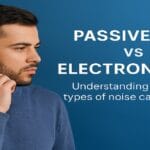What does ENC mean when you see it on neckband or earbud packaging? Let’s be real — when you’re buying a new pair, you probably focus on battery life, bass, and maybe Bluetooth version. But then you spot “ENC” printed in bold letters… and suddenly you’re left wondering what it actually means.
If you’ve never really understood what it does — or if it’s just another fancy marketing term — you’re not alone. In this post, let’s break down what Environmental Noise Cancellation is, how it works, and whether it’s worth spending money on.
No technical mumbo-jumbo. Just real answers.
First Things First — What Is ENC?
ENC stands for Environmental Noise Cancellation, and it’s mainly a feature designed to help you sound clearer on calls. That’s it.
While ANC (Active Noise Cancellation) blocks noise you hear, ENC works the other way — it removes the noise others hear from your side during a call. So if you’re on a busy street, near a fan, or in a noisy room, ENC helps the person on the other side hear your voice more clearly, not the chaos around you.
Simple enough, right?
How Does It Actually Do That?
Alright, without turning this into a science lesson:
Your neckband or earbuds usually have two or more microphones. One picks up your voice. The other(s) pick up the background noise — stuff like traffic, keyboard clicks, or random people talking nearby.
Then a little processor inside compares the two. It figures out what’s background noise and cancels it out before sending your voice to the person on the other end.
It’s kind of like having a tiny audio editor inside your earbuds, working live during your calls.
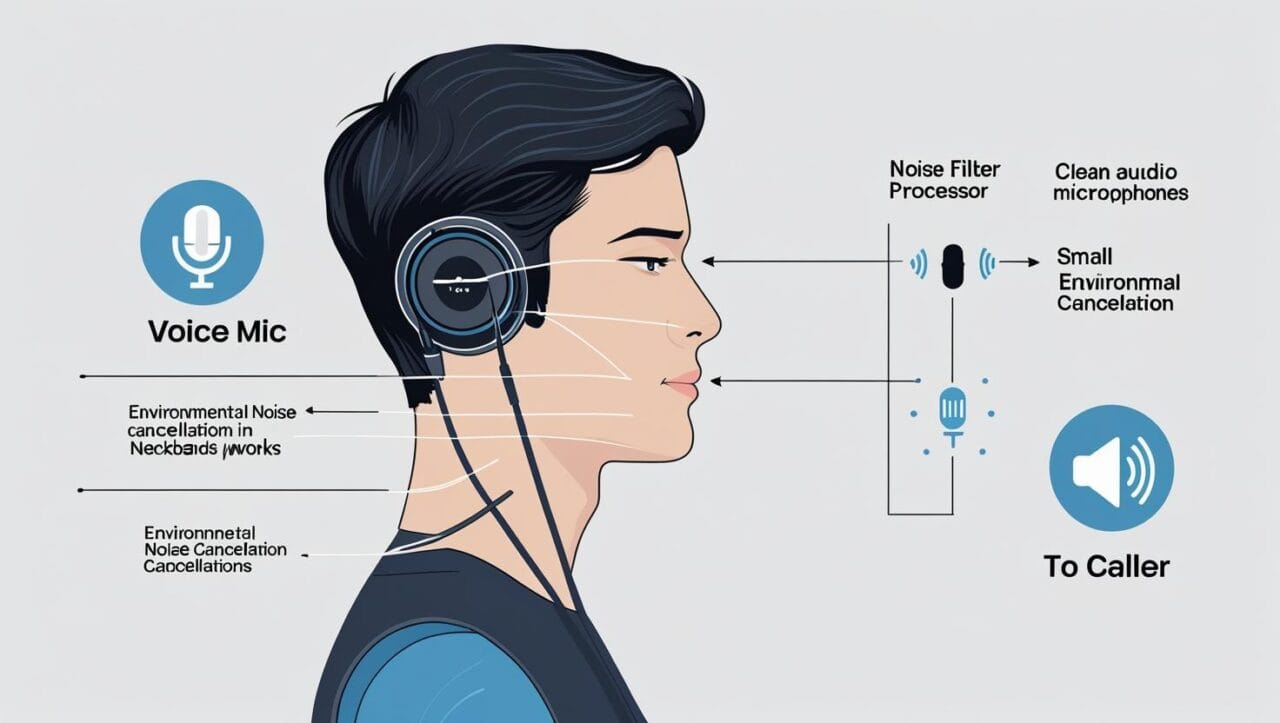
When Does ENC Actually Help?
Let me give you some situations where ENC can make a real difference:
- You’re taking a work call while walking near traffic
- You’re talking to your friend while someone’s playing TV in the same room
- You’re attending an online class while your fan is running on high
- You’re sending a voice note in a café with background music
In all these cases, your voice competes with a bunch of background sounds. Good ENC helps your voice win.
Don’t Confuse ENC with ANC
This happens all the time. People read “noise cancellation” and assume it’s going to block outside noise for them while listening to music.
That’s ANC.
ENC has nothing to do with what you hear — it’s only about how clean your voice sounds to someone else.
So if you’re buying a neckband for music and quiet listening, ANC is what you want. If you care more about call clarity, go for ENC.
Does More Mics = Better ENC?
Often, yes — but not always.
Some neckbands have dual microphones, and others have four (quad mic setup). In theory, more mics help the software do a better job filtering out noise. But the chipset and software tuning also matter a lot.
A well-tuned dual-mic system can outperform a poorly implemented quad-mic one. It’s not just about the numbers. It’s about how smartly those mics are being used.
Will ENC Drain My Battery?
A little, yes. But you’re not going to lose hours of playback just because of ENC.
It kicks in mostly during calls, not while you’re listening to music. So unless you’re on calls all day, you probably won’t notice a huge battery drop.
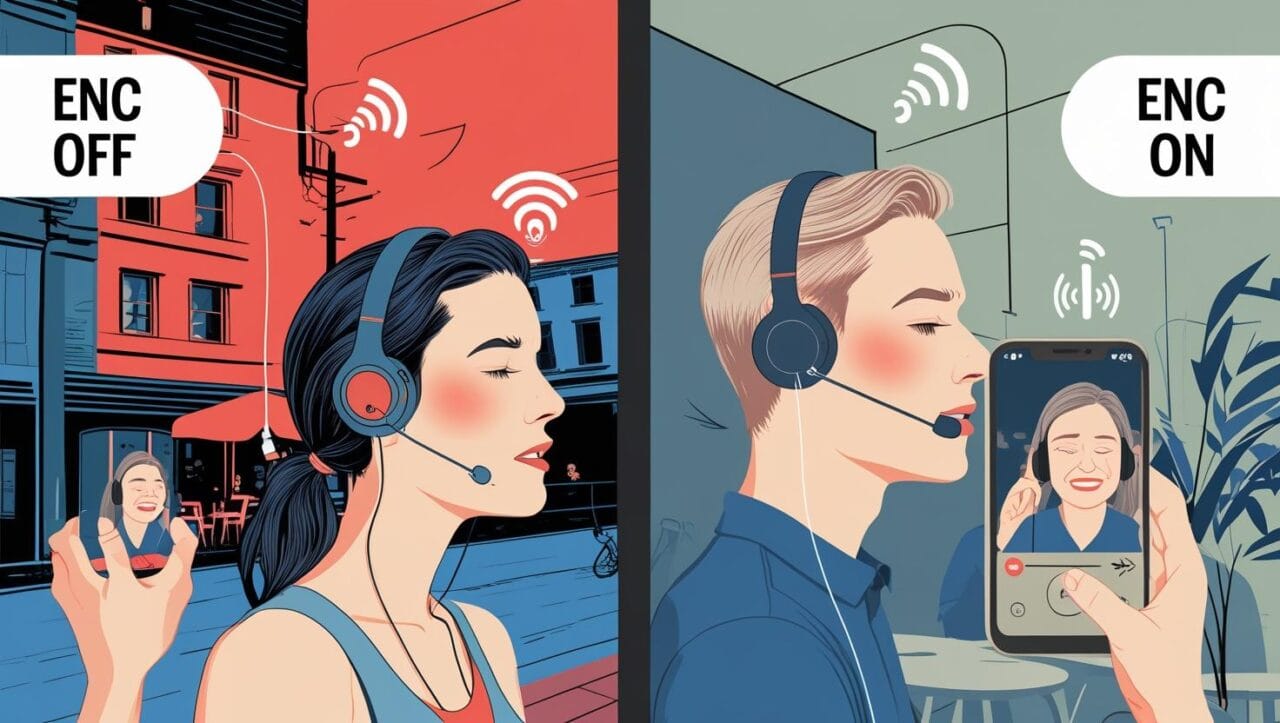
My Honest Thoughts on ENC—After Using It Every Day
Let me tell you something straight: I didn’t even know what ENC was until I accidentally got a neckband that had it. I was just looking for something cheap and decent for calls, music, and maybe workouts. But I noticed something funny—when I was on a call outside, people actually stopped asking me to repeat myself.
At first, I thought it was just the network being good. But nope—it was the mic. Or rather, the way the mic was filtering out everything except my voice.
It’s not magic, obviously. If there’s heavy wind or you’re standing right next to a running auto-rickshaw, some background noise still creeps in. But for most daily stuff—fan noise, traffic in the distance, random conversations nearby—ENC takes care of it surprisingly well. And I’m not some tech reviewer who tests gadgets for a living. I’m just someone who takes a lot of calls, especially while walking around the house.
Should You Even Care About ENC?
Honestly, it depends on how you use your device.
If you mostly use your neckband for:
- Work calls
- Online classes
- Sending voice notes
- Recording short videos
…then yes, ENC matters a lot.
If you just listen to music while commuting and rarely take calls, it’s not a deal-breaker.
ENC vs ANC: Here’s a Simple Breakdown
A lot of people confuse ENC with ANC, and honestly, it’s easy to see why. The terms sound similar, but they do very different things.
| Feature | ENC (Environmental Noise Cancellation) | ANC (Active Noise Cancellation) |
|---|---|---|
| Focus | Your voice (mic input) | Your ears (audio output) |
| Main purpose | Makes you sound clearer to others | Helps you hear better |
| Common use case | Phone calls, voice messages | Music listening, video watching |
| Battery impact | Low | Medium to high |
| Typical setup | Dual or quad microphones | Noise-canceling chip + inner mics |
To put it simply: ENC helps others hear you clearly. ANC helps you block out noise while listening. If calls matter to you, ENC is a big win.
A Quick Word of Warning
A lot of brands throw the “ENC” label on their packaging, even when the actual noise cancellation is… meh.
You’ll see ₹999 neckbands claiming “ENC,” but they only have one mic and no real filtering happening. It’s more of a buzzword than a real feature in cheap models.
Here’s how you know you’re getting real ENC:
- Dual or quad microphones
- Mention of a chipset or AI ENC in the description
- Actual user reviews that talk about call clarity
It’s Not Just About Tech—It’s About Experience
I know tech blogs love to throw around jargon: DSP, quad-mic arrays, voice beamforming, all that stuff. But from a normal person’s point of view, here’s what matters: when you say something on a call, the other person actually hears it without asking “Sorry, what was that?” That’s the win.
And I’ve tried a couple of neckbands without ENC since then—mostly because I lost my old one (don’t ask how). The difference was obvious. Background sounds came in like they were part of the conversation, and I felt like I had to talk louder just to be understood.
Final Thoughts: So, What Does ENC Mean to You?
To keep it real: ENC helps your voice sound cleaner on the other end of a phone or video call. That’s the bottom line.
And in a world full of background noise — barking dogs, honking cars, ceiling fans, and chatty roommates — that’s something worth having.
If you’re on the fence about choosing between two neckbands, and one has decent ENC support while the other doesn’t, go for the one with ENC. It might not seem like a big deal now, but your friends, colleagues, or clients will definitely thank you later.
If I had to explain ENC to a friend who doesn’t care about specs, I’d say: “It’s the feature that makes you sound like you’re not in a noisy place—even when you are.” And honestly, that’s enough for most people.
Would I Pay More for It? Yes, But…
Only if the brand is reliable and the reviews back it up. Don’t blindly trust every product that says “ENC” in bold letters on the box. If there’s no explanation of how it works—or if the mic quality is generally poor—then ENC won’t magically fix that.
In fact, in one case, I bought an “ENC neckband” that made my voice sound robotic on the other side. Maybe the chip was trying too hard. So yeah, it’s useful—but like everything else in tech, execution matters more than the label.
Related Reads You’ll Like
- What Is IPX Rating? Best Waterproof Neckbands in 2025 You Should Actually Consider
- Are Noise-Cancelling Neckband Earbuds a Smart Investment in 2025?
- Magnetic Neckband Earphones India – What’s the Hype All About?
- Neckband One Side Not Working? Here’s What Actually Helped Me Fix It
- Neckband Buying Guide 2025—Just the Way You Like It
Frequently Asked Questions (FAQs)
Is ENC the same as ANC?
Nope — they’re totally different. ENC is for your mic, so people on the other end hear your voice better. ANC is for your ears, so you hear less noise while listening. Think of ENC as “noise cancellation for the other person.”
Does ENC work during music playback?
Not really. ENC only kicks in during calls, voice notes, or recordings — basically anything that uses your mic. It won’t affect how your music sounds.
Can I get ENC in budget neckbands?
Yes, but don’t expect magic. Some budget models under ₹1500-₹2000 offer basic ENC (usually dual-mic), and they’re decent for casual calls. Just don’t fall for ₹999 neckbands that shout “ENC” but sound like you’re inside a tunnel.
Will ENC block wind noise during calls?
To some extent, yes — especially if the neckband uses AI ENC or has a good mic placement. But heavy wind can still mess with clarity. It’s better than no ENC, though.
Is ENC better on neckbands or TWS earbuds?
That depends on the model. Neckbands often have better mic positioning since they stay closer to your mouth. TWS earbuds with quad-mic or stem design (like AirPods) also do well. But cheap TWS with ENC? Not worth it.
Can I turn ENC off?
Usually, no. ENC runs in the background automatically during calls. Some premium earbuds or apps may let you toggle it, but most neckbands don’t offer that option.
How do I know if ENC is working?
Best way? Record a voice note in a noisy place, or call someone and ask if they can hear background noise. If your voice sounds clear and the noise seems muted, then yep — it’s working.
Does ENC need an app or any setup?
No setup needed. It’s plug-and-play. If your neckband or earbuds come with ENC, it should work out of the box during calls. No extra app or settings required.

About the Author
Hari Prasad is the editor of AudioPick.in and a lifelong audio enthusiast. He writes detailed, honest reviews and guides to help everyday users pick the right gear without tech jargon. His personal interest in Bluetooth audio, neckbands, and codecs comes from testing dozens of devices over the past few years.
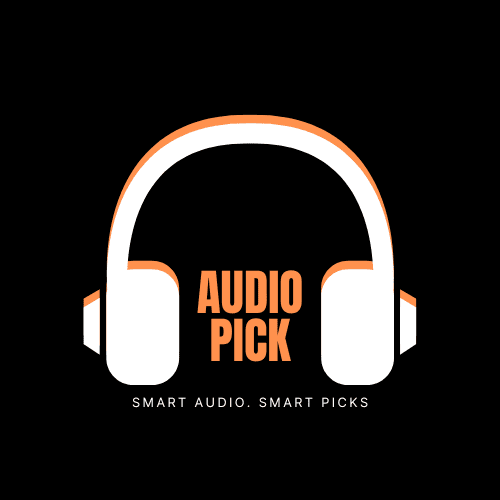
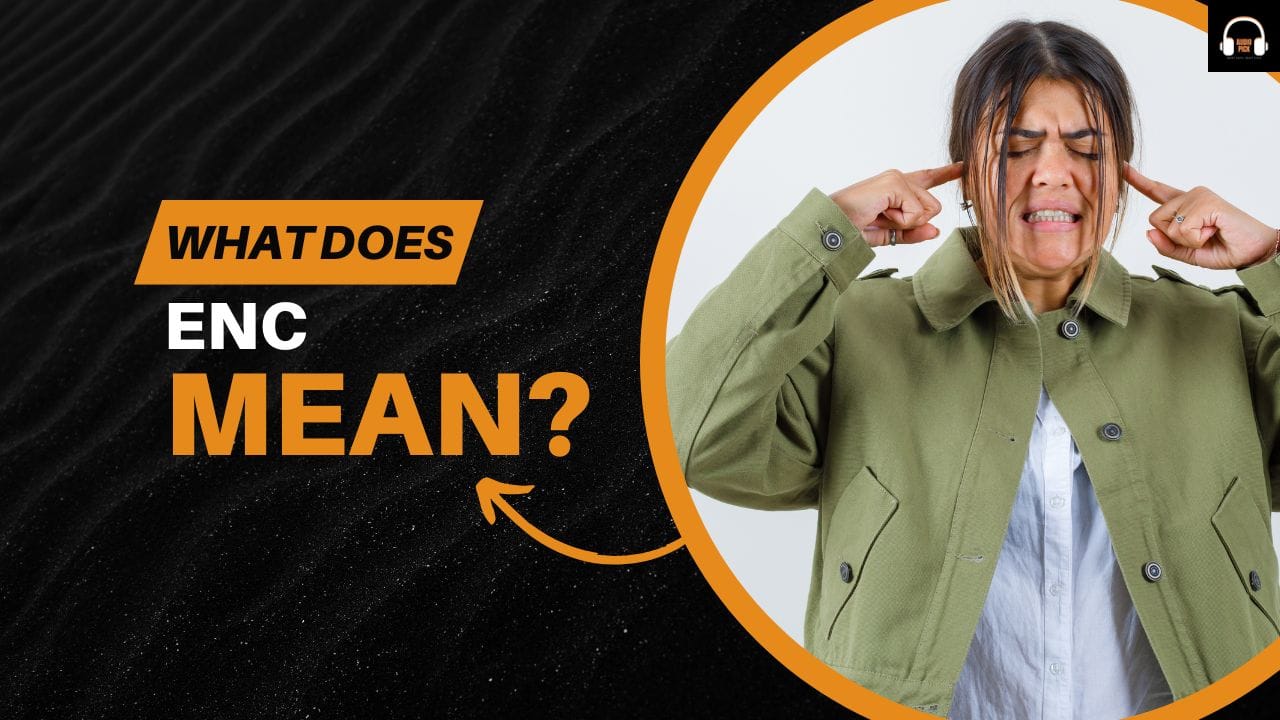



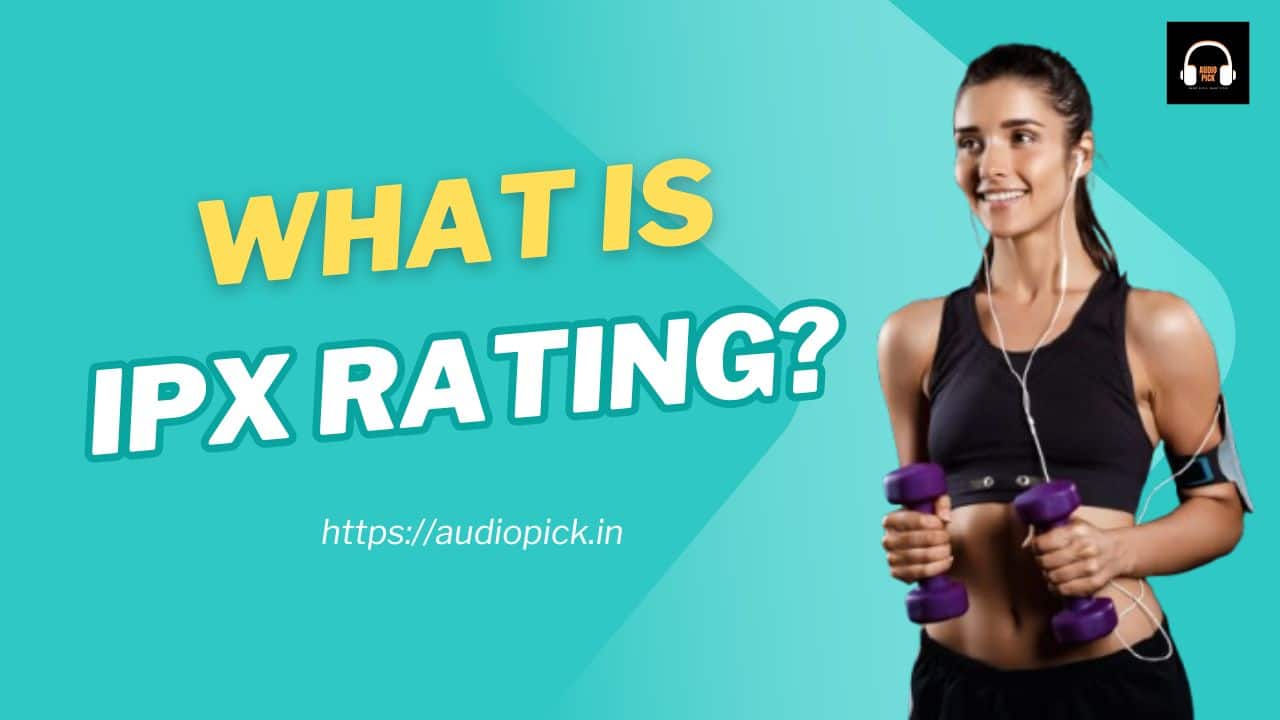


![Top 10 Neckbands with Longest Battery Life in India [Tested – 2025] Top 10 Neckbands with Longest Battery Life](https://audiopick.in/wp-content/uploads/2025/05/Top-10-Neckbands-with-Longest-Battery-Life-1.jpg)
